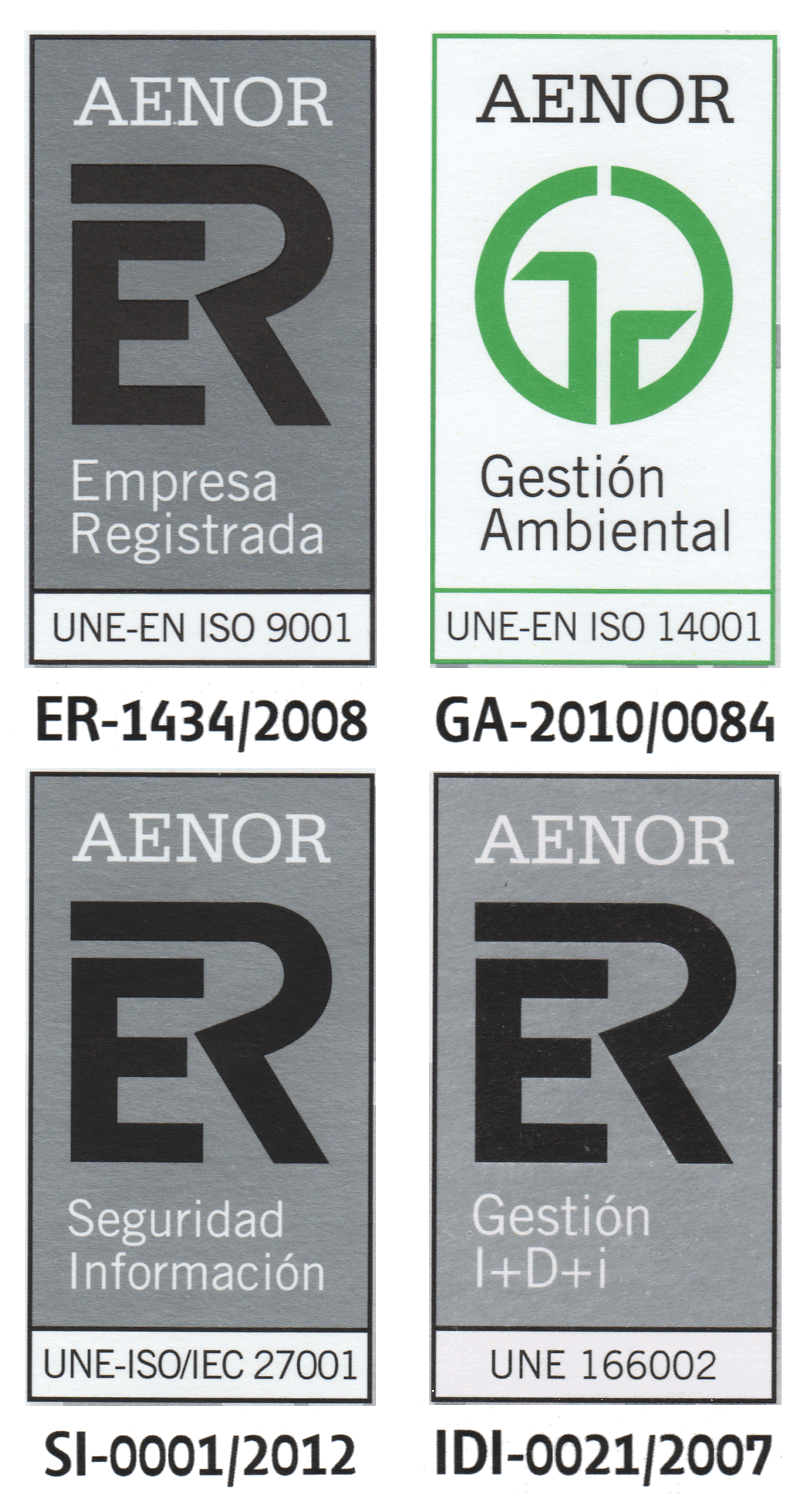Computing with viruses
| Title | Computing with viruses |
| Publication Type | Journal Papers |
| Year of Publication | 2016 |
| Authors | Chen, X., Pérez-Jiménez M. J., Valencia-Cabrera L., Wang B., & Zeng X. X. |
| Journal Title | Theoretical Computer Science |
| Publisher | Elsevier |
| Place Published | Amsterdam (The Netherlands) |
| Volume | 623 |
| Pages | 146-159 |
| Date Published | 04/2016 |
| Abstract | In recent years, different computing models have emerged within the area of Unconventional Computation, and more specifically within Natural Computing, getting inspiration from mechanisms present in Nature. In this work, we incorporate concepts in virology and theoretical computer science to propose a novel computational model, called Virus Machine. Inspired by the manner in which viruses transmit from one host to another, a virus machine is a computational paradigm represented as a heterogeneous network that consists of three subnetworks: virus transmission, instruction transfer, and instruction-channel control networks. Virus machines provide non-deterministic sequential devices. As number computing devices, virus machines are proved to be computationally complete, that is, equivalent in power to Turing machines. Nevertheless, when some limitations are imposed with respect to the number of viruses present in the system, then a characterization for semi-linear sets is obtained. |
| Keywords | Natural computing, register machine, Turing completeness, Virus machine |
| URL | http://www.sciencedirect.com/science/article/pii/S0304397515011457 |
| Impact Factor | 0.657 |
| Ranking | 71/102 |
| ISSN Number | 0304-3975 |
| DOI | doi: 10.1016/j.tcs.2015.12.006 |



